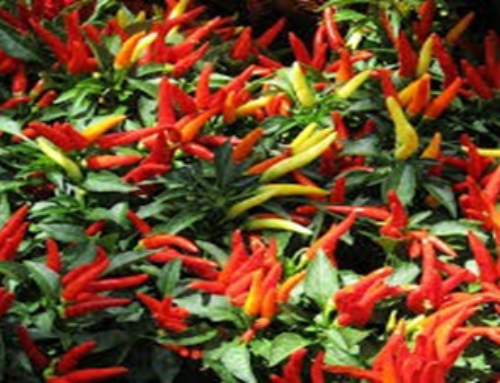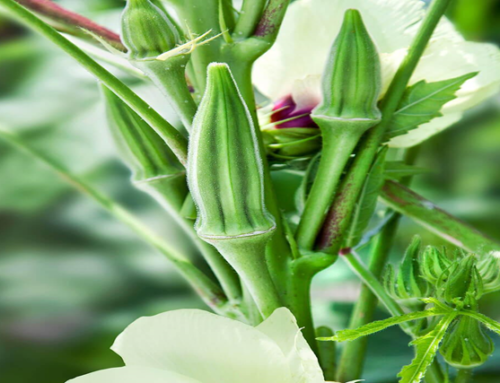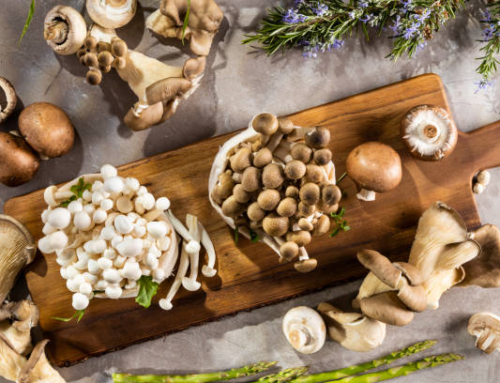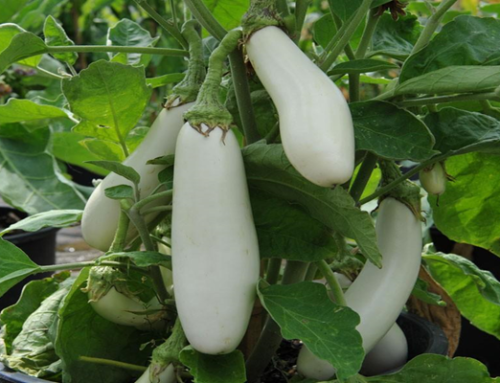What is Prekese, and is it really something special? Is it something to eat? Or something to drink, perhaps?
The short answer is yes! It is indeed a wonderful and versatile food item – and an exotic one at that.
Still, you might be a bit confused if you haven’t heard a lot about it.
But don’t worry! If you’re looking for more information, we’ve got the perfect article for you. Read on to learn everything about Prekese – from its history to its benefits and everything in between.

A Short Summary
Prekese, scientifically known as “Tetrapleura Tetraptera” or the Aidan fruit, is a flowering species belonging to the pea family. It’s a fragrant, purplish-brown fruit with a sweet, slightly funky taste known across Africa for its medicinal properties.
The tree on which this fruit grows bears pods that are on average 9 inches long and 2-3 inches across, with four ridges that resemble wings. Two of these become woody, while the other two contain pulp and seeds.
This collection of pulp and seeds is utilized in multiple ways to serve as a food item and a way of healing.
Indeed, it has been used as a remedy for numerous diseases for centuries, and – unlike an unfortunate number of ancient cures – studies on Prekese suggest that it truly might be helpful for various ailments!
In this blog, we will look at what Prekese is, how it’s used, and the magical health benefits it so happily boasts!
The History and Geography of Prekese
Different West African tribes have used Prekese for centuries. It has a range of names in different parts of the continent; the Igbo in Nigeria call it Oshosho or Osakirisa, while the Yoruba call it Aidan or Ubukirihu. Even other tribes have designated various titles for it, giving it varying popularity.
‘Prekese’ or Prɛkɛsɛ (meaning soup perfume) is what Twi speakers of Ghana have named it, and this name has slowly become the most commonly used. However, English speakers still tend to call it Aidan fruit due to its easy pronunciation.
Aidan trees, on which the fruit grows, thrive in secondary forests and rainforests with rich biodiversity and even grow up to 26 meters tall!
However, in areas with little to no biodiversity, Aidan trees rarely lived in the past ten years. Thus, several regions have been dedicated to the purpose of preserving and cultivating the fruit, stems, and bark of the trees, both to maximize production and minimize loss.
Nevertheless, the trees are typically found in the more tropical regions of West Africa, such as Ghana, Nigeria, and some Savannah plains.

Nutritional Facts
Every part of a Prekese is packed full of essential nutrients and phytochemicals, with many studies having been conducted on its usefulness since the 1940s. It is high in iron, potassium, magnesium, zinc, calcium, sugars, and vitamins, providing this fruit with a range of useful nutrients.
The fruit contains approximately 234.42-379.48 g/call of food energy, 7.44%-17.50% of crude protein, and 4.98%-20.36% of crude lipids.
Thus, we reliably claim that Prekese is high in nutrients and has a range of necessary vitamins and minerals.
How can you use Prekese?
Prekese can be crushed, broken into small pieces, or used whole and added to soups and stews to add a unique, funky flavor and a sweet fragrance.

You can use the fruit fresh, or it can be dried and ground into a spice. The Asante people have used it to spice their food for nearly a century.
Then, of course, there are the medicinal benefits to consider. In addition to the nutritional value, it adds to whatever it is cooked with, ground Prekese can be added to shea butter and applied to the skin to promote healing.
Prekese is also sought after for perfumes due to its sweet fragrance.
In addition, it is also sold as a tea by street vendors made similarly to chai tea.
Health benefits
The health benefits of Prekese have been known to natives for centuries. Additionally, since the 1940s, studies have confirmed many of the claims surrounding it, giving it legitimacy that has proven it for the rest of the world.
Let’s take a more in-depth look into its possible therapeutic effects:
For Postpartum care:
In some Nigerian tribes, prekese pods are added and served in soups to new mothers to help ease Postpartum contractions and bleeding. Furthermore, iron, potassium, and calcium are also beneficial for lactation.
For Dermatological conditions:
The high antioxidant content and the antimicrobial agents can promote skin healing and help reduce bacterial skin infections.
It can be mixed with or infused into Shea butter to form soothing balms for your skin, although low concentrations are recommended when using it for wound healing.

Fever:
According to Pulse, Prekese effectively provides fast relief from fever symptoms, constipation, and enema. Patients are advised to bathe in Prekese infused water to reduce the fever and its related symptoms.
Diabetes:
Some research suggests that this fruit can help reduce blood sugar levels in type-2 diabetes patients. Moreover, a study conducted on rats found that Prekese lowered blood sugar levels in both fasting and non-fasting cases.
Immunity:
Because of the high antioxidant and mineral content, eating Prekese can also help strengthen the immune system.
Contraception:
The stem and the bark of the plant contain saponin and ethanol extract, which is linked to producing a certain type of hormone that acts as a contraceptive.
Mosquito repellent:
Because of its strong fragrance, Prekese makes a good natural mosquito repellent, removing the need for chemical alternatives.
For Cardiovascular conditions:
Some sources suggest that Prekese can be helpful for people with cardiovascular ailments as it promotes blood flow and improves the overall health of the body.
Anti-inflammatory properties:
The plant extract of Prekese is known for its anti-inflammatory properties and possible inhibitory effects on certain pathogens. As such, it can help reduce inflammatory pains such as arthritic aches or menstrual cramps.
Convulsion and Leprosy:
It is suggested that Prekese potentially has properties that help stabilize the central nervous system, which, in turn, helps people who suffer from convulsions. Similarly, it is also useful in the case of leprosy.
However, it is important to note that it is always better to approach a licensed doctor rather than to self-medicate in the case of any serious illness.

Now, since we’ve looked quite a bit into the benefits of the Aidan fruit, let us shift our attention to the disadvantages as well. Read on to learn about side effects and other interesting facts.
Side effects
As with anything edible, the dose determines the poison. Even too much water can kill you. The same applies to Prekese; too much of it can damage your liver or kidneys (or both)!
It is important to note that Prekese is not recommended for pregnant women. It is believed that Prekese may induce pre-term contractions and, in extreme cases, even a miscarriage. In the olden days, women would terminate unwanted pregnancies by consuming Prekese, which proves its capacity for miscarriage and abortion.
It can also induce nausea and vomiting. Therefore, for someone with stomach ulcers, consuming Prekese could potentially worsen their condition.
In short, one should always understand the requirements of the ailment before trying to heal it with medicinal fruits and herbs such as Prekese.
Where can you find Prekese?
You can find this fruit in any market in Ghana if you find yourself in those areas. Otherwise, amazon and Etsy have sellers that can ship your orders to your door.
A Not-So-Fun Fact:
Prekese is found mostly in Ghana, the place where our chocolate comes from! To make room for cacao farms, large parts of forests have been cut down.
Remember how we said that the Aidan tree cannot survive more than ten years without biodiversity? Well, Aidan trees might become endangered soon – and it is all due to the international market for chocolate.
But we can combat this! The easiest way is to increase the demand for Prekese; this will give businesses an incentive to protect them! (And, by extension, preserve some native biodiversity!)
A Disclaimer
This post is for referential purposes only! It is not intended to be used as a professional diagnosis for treatment. Always consult a licensed medical professional when you consider taking a natural remedy for self-medication purposes.
If you’re pregnant or have any other condition that may require dietary restrictions, always consult your physician before introducing something new to your diet.
The Takeaway
Prekese is a wonderful ingredient and an ancient remedy that has stood not only the test of time but – unlike other ancient remedies – has also managed to stand the test of science as well.
It is an excellent natural remedy for illnesses such as fevers and shows promise in supplementing treatment for diseases such as type-2 diabetes.





Leave A Comment